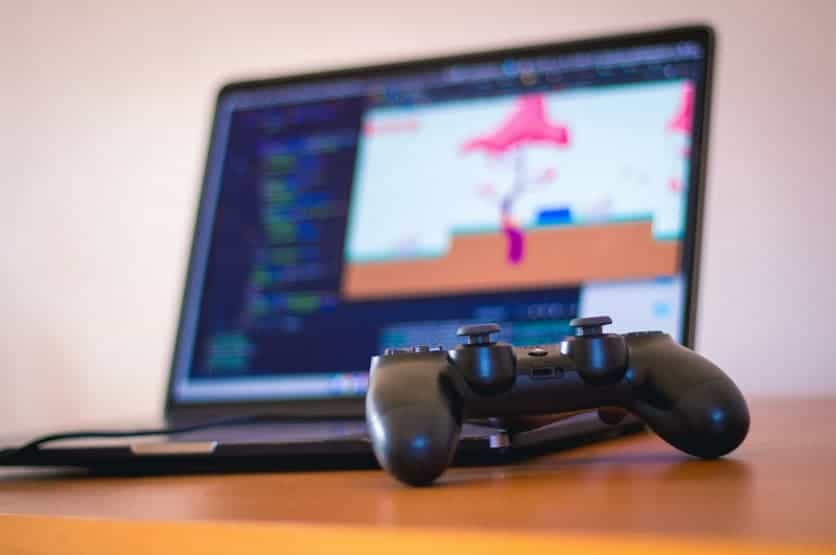In the digital age, video games are more than just a form of entertainment. They are powerful tools for cognitive development, offering players the chance to improve a wide array of skills, from strategic thinking to effective teamwork. Whether you’re building an empire in a strategy game or coordinating with your team in a fast-paced multiplayer online battle arena (MOBA), the skills gained can extend far beyond the virtual world.
Strategic Thinking and Planning
One of the most significant ways video games contribute to personal development is through strategic thinking. In real-time strategy (RTS) games like StarCraft or Age of Empires, players must think ahead, consider multiple variables, and make decisions that will affect the outcome of the game. These games teach players how to allocate resources efficiently, plan long-term strategies, and anticipate opponents’ moves.
Strategic games, in particular, require players to deal with complex systems and apply critical thinking to solve problems. You can see this with games like Civilization, where you balance diplomacy, military strength, and technology development, while always being mindful of your position relative to other civilizations. Such decision-making skills are not only beneficial in gaming but can also enhance problem-solving abilities in real-life scenarios, including the workplace or personal finances.
Critical Thinking and Decision-Making
Video games also push players to develop critical thinking skills. Fast-paced games like Call of Duty or Fortnite demand quick decision-making under pressure. Players need to think on their feet, react to changing situations, and make split-second decisions that can turn the tide of a game. This constant mental agility can sharpen the ability to analyze situations, process information quickly, and act with confidence—all vital skills in many professional environments.
Moreover, games like The Witcher 3 or Dark Souls challenge players to solve puzzles and think creatively to progress. Players often face obstacles that require thinking outside the box, which nurtures innovation and adaptability—qualities highly valued in both personal and professional development.
Teamwork and Communication
In multiplayer games, particularly in MOBAs like League of Legends or battle royale games like Apex Legends, teamwork is paramount. Players must communicate effectively with their teammates, plan strategies, and adapt to the flow of the game. This builds strong collaborative skills, as players learn how to listen, share ideas, and compromise to achieve a common goal.
Teamwork in video games can teach individuals how to manage group dynamics and lead teams effectively. It also highlights the importance of supporting others and maintaining a positive attitude, even when things aren’t going well. These are essential skills in the modern workplace, where collaboration and team synergy often determine success.
The Role of Casino Games in Cognitive Development
Not all video games are about battle strategies and fast reflexes. Some, like online casino games, provide a unique opportunity to hone skills such as probability assessment, risk management, and decision-making. Take roulette, for example, a popular game in online casinos. Players must quickly assess the odds, make decisions on where to place their bets, and adapt their strategy based on the results of each round. While the element of chance is always present, a good player learns how to manage risk and make informed choices, a skill that can be beneficial in financial planning and other high-stakes environments.
If you’re into the thrill of games like roulette, check out BetFury’s roulette game here https://betfury.com/casino/games/roulette for a high-quality and engaging experience that challenges your ability to think on the fly while offering a fun way to develop your decision-making skills.
Cognitive Benefits Beyond Gaming
The skills learned from playing video games often translate into real-world benefits. Studies have shown that gamers tend to have better hand-eye coordination, improved multitasking abilities, and faster reaction times. The constant mental exercise involved in gaming keeps the brain active, which can also help delay cognitive decline as players age.
Furthermore, video games are increasingly being used in educational contexts to promote learning. Games that simulate historical events, for instance, provide immersive experiences that encourage exploration and learning. Similarly, puzzle games like Portal or Tetris can improve spatial reasoning and problem-solving abilities.
Conclusion
From honing strategic thinking and critical decision-making to improving teamwork and communication skills, video games offer a wide range of benefits for personal and professional development. Whether you’re building civilizations, strategizing in a military campaign, or working with teammates to outsmart your opponents, there’s no doubt that the world of video games has a lot to teach.
And when it comes to finding new ways to improve your game (both in life and in video games), remember that even games of chance can offer valuable lessons. If you’re looking to explore the world of online gaming and casinos further, take a look at this guide on choosing the best online casino for tips on making informed decisions and improving your chances of success.
Video games are not just for fun—they’re tools that can sharpen your mind, improve your social skills, and make you a better decision-maker in every aspect of life.
